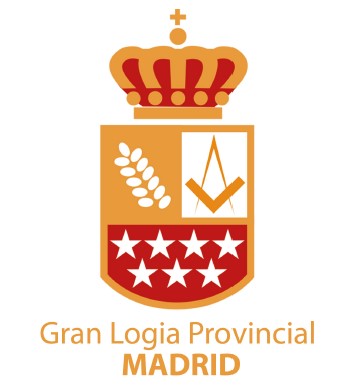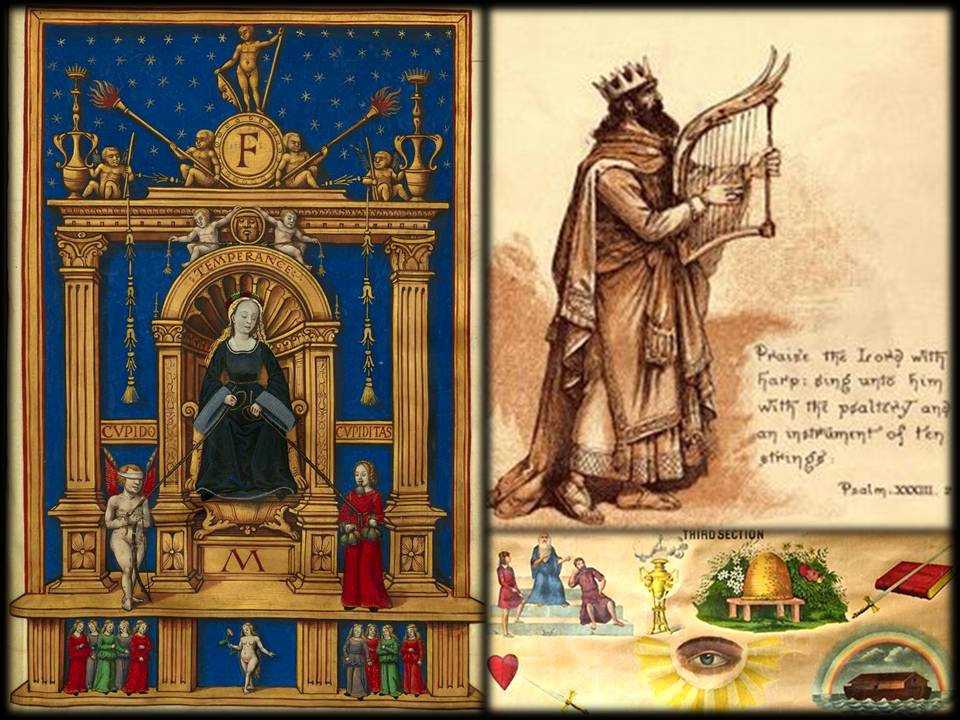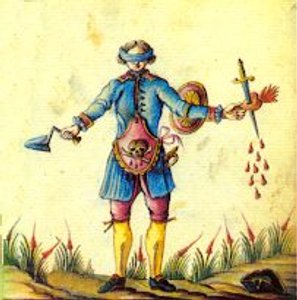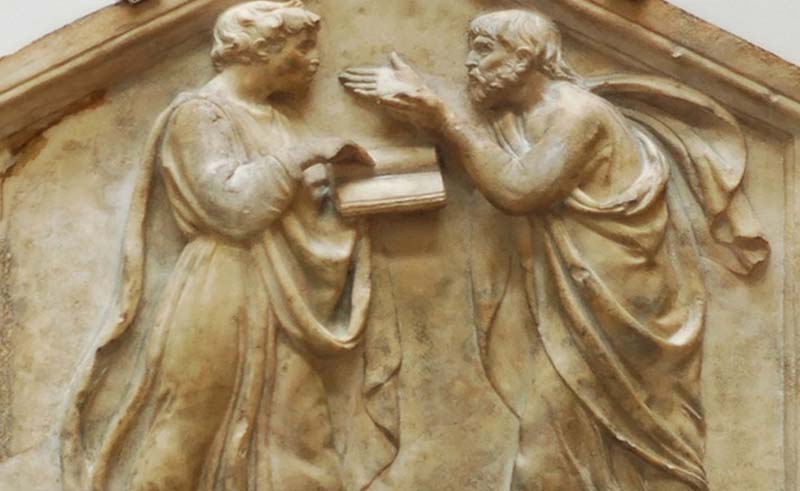Temperance and fortitude are two sides of the same coin, inseparably linked since ancient Greece. Plato’s Chariot Allegory explains the human soul’s three parts: the spirited soul (the good horse striving for the divine), the appetitive soul (the lazy horse chasing base desires), and the rational soul (the charioteer steering the path).
Fortitude resides in the chest, symbolizing the strength to endure adversity and remain steadfast in Masonic principles. It calls for courage to uphold morality, resist mediocrity, and guard Masonic secrets, even under physical or psychological pressure.
Temperance controls the appetitive soul, identified with the stomach, which seeks indulgence in passions and vices. This virtue ensures enjoyment without excess, balancing the desires of the body with the rational mind.
Justice belongs to the rational soul, ensuring harmony between fortitude and temperance. It governs interactions with others, upholding laws and morality while guiding humanity toward fairness. Freemasons are called to foster justice within the Lodge and in their daily lives.
Prudence allows thoughtful reflection and measured action, distinguishing Freemasons by their rational, humble, and deliberate conduct.
The Chariot Allegory encapsulates all four virtues: fortitude and temperance in the horses, justice in the charioteer’s guidance, and prudence in their steady hand.
In today’s world, society leans heavily on its concupiscible side, succumbing to desires, laziness, and superficial needs. Resolving this demands effort and prudence, providing an example of strength to others. Charity, understood as spiritual guidance rather than material aid, is essential to help those trapped in hedonism and apathy, guiding them back to balance and virtue.
MM Phoenix







Aldo
Excelente plancha